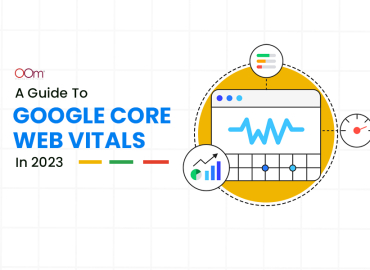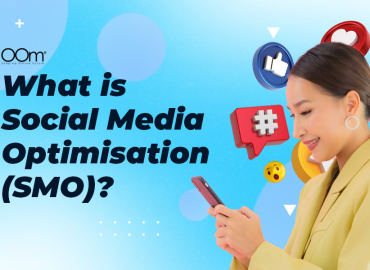Digital marketers are always on the lookout for the latest updates with Google’s algorithms. Knowing the importance of these algorithms is key to achieving higher SEO rankings, but how does it work? More importantly, what are Google algorithms?
What Are Google Algorithms?

Google’s search engine works like a charm. Just type any keyword, and it’ll give you thousands of results, thanks to Google’s algorithms.
Google algorithms are the reason why optimising your site for SEO is key to reaching your target audience on Google. That’s why you must understand how these algorithms work before you can implement sufficient SEO strategies for your website.
At first, you might find it difficult to understand Google’s search algorithms and ranking systems since they often undergo numerous updates. However, learning how Google algorithms work is a cakewalk once you know the factors that affect your rankings. Here are some examples listed below:
- Meta title
- Meta description
- Organic links
- Mobile SEO
- Keywords
Based on the given examples, Google does its best to provide users with the most accurate search results. That’s why improving your site’s SEO benefits Google algorithms. By adapting to Google’s search engine updates, your website will have an easier time reaching users.
How Do Google Algorithms Work?

How does Google’s search algorithms gather critical data from various websites? Google “crawls” through websites by hopping on one link to another with the help of a “spider”.
Google’s search engine bots are called spiders that aim to discover the relevance of each website based on specific SEO requirements. Unless you optimise your website, Google’s spiders might not consider it relevant enough to rank high on its search results.
Back then, Google’s algorithms were pretty much simplistic to the point that all your website needs are enough keywords to improve its relevance. However, as time moved on, Google decided to update its algorithms since it was too easy for websites to exploit the search engine. At this moment, Google penalised websites for stuffing keywords and practising other black hat SEO techniques.
Today, your website needs to consist of more than just keywords. You must utilise proper keywords to enhance your content and make it appear organic. Not to mention, your site needs to stay relevant so it can achieve a higher SEO ranking. To do so, you can refresh your website and create a blog for posting daily or weekly content. That way, Google’s algorithms will recognise your page for it to establish relevance.
Why Are Algorithm Updates Essential?

Google algorithm updates are necessary for providing users with better quality content and results. Also, it prevents websites from exploiting Google’s weaknesses. Fortunately, Google is always on the lookout for making both minor and major changes to its algorithms so everyone can benefit from its search engine.
How does Google benefit users when it comes to updating its algorithms anyway?
1. Improve User Experience
Google has one primary objective: to improve the user’s experience. Fortunately, Google often updates its algorithms with small changes that help in providing users with more accurate results.
Finding precise and correct information matters the most. For Google to provide reliable and trustworthy results, its algorithm analyses a site’s authority and relevance based on off-page and on-page SEO factors, such as keyword placements, anchor texts, and link building.
By optimising your site for off-page and on-page SEO, you’ll help improve its online presence so Google’s algorithm will reach your website and display it on the search results page.
2. Penalise Websites Conducting Black Hat SEO
Another reason why Google loves to update its algorithms is to prevent websites from implementing black hat SEO strategies. In the digital marketing industry, black hat SEO is a widely discouraged tactic due to its unethical nature of exploiting search engine algorithms.
As mentioned earlier, in the old days, websites with stuffed keywords were sufficient enough to achieve a higher ranking on Google. However, the game has changed, and Google will penalise websites for stuffing keywords without providing any relevant content.
Thanks to Google’s constant updates, websites can no longer rely on shoddy marketing techniques to improve their rankings. Instead, Google pays more attention to sites with organic and relevant content.
3. Encourage Users to Create Quality Content
In light of Google’s response to black hat SEO, users are now encouraged to create quality content. That means Google rewards websites with better-curated content, as opposed to tactics involving paid links, keyword stuffing, and spamming.
Conclusion
As Google continues to update its algorithms, the importance of SEO and quality content is becoming more widespread in the marketing industry.
Come up with better long-term marketing campaigns so you can improve your rankings and reach the right audience in various digital channels! Consider working with a digital marketing agency if you must, so you can stay updated with the latest trends and changes with Google.
For more digital marketing tips, feel free to contact our SEO company in Singapore anytime!





